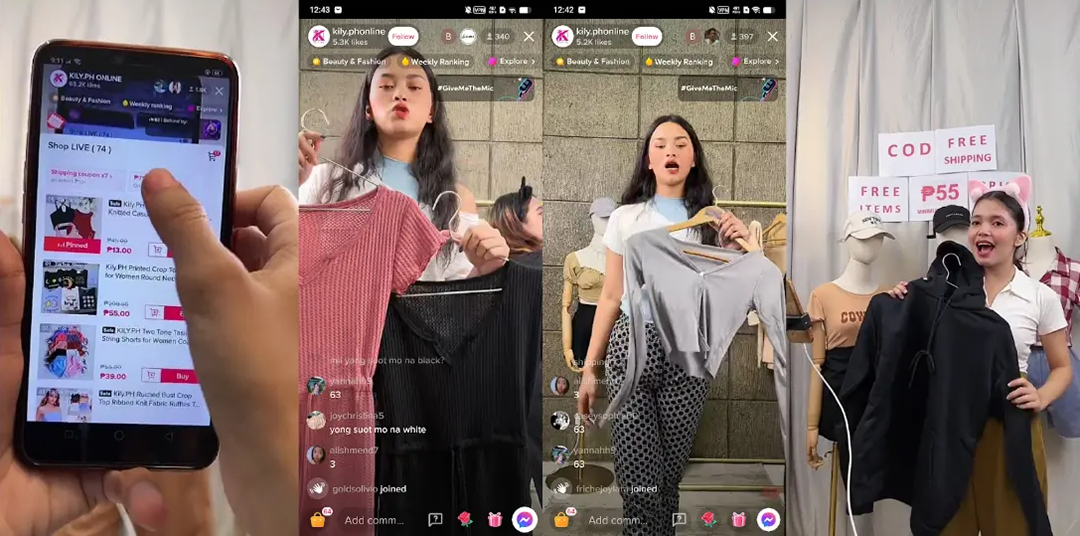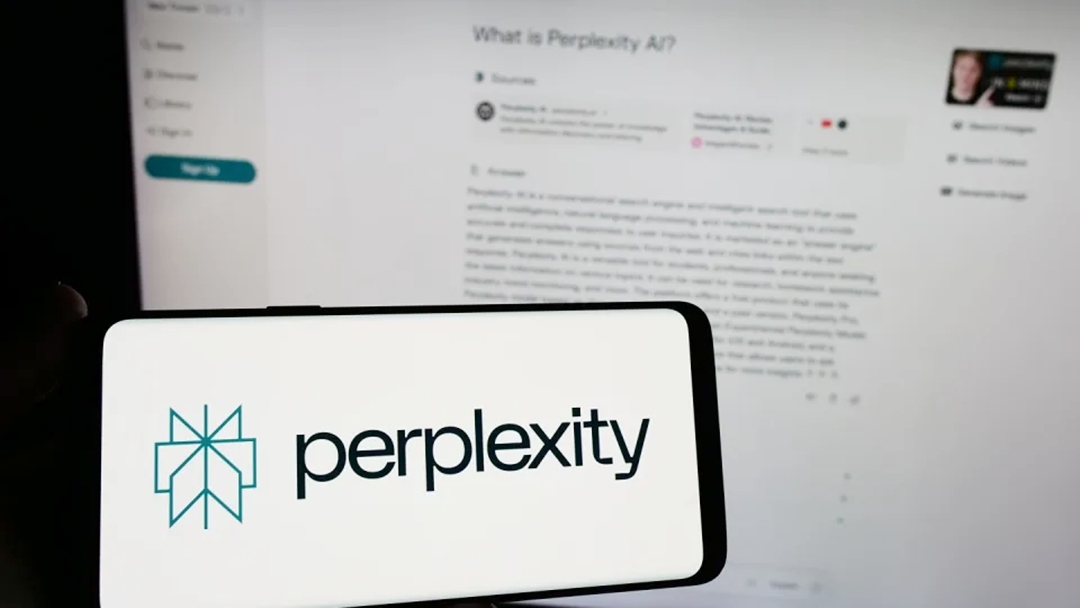2025 digital marketing predictions: hyperlocal, affiliates, AI search, and decentralised social
It feels a lot like the internet as we know it began to unravel in 2024. Legacy platforms fell. Large social networks splintered into several smaller ones. Search has been turned on its head. 80s-style teleshopping channels rose from the grave (and found a home on TikTok).
These disruptive changes will start to settle into a new normal in 2025. To help you prepare your digital marketing strategies for the road ahead, we’ve written up our predictions and recommendations.
Brands will take more creative risks (traditional and weird)
If we zoom out and look at how brands have ventured into TikTok over the past few years, it looks something like this:
Brands panic and realise they need to quickly pivot to a video-first platform that’s hostile to traditional advertising
So brands start stepping outside their comfort zone, chasing trends and trying hard to appear human and relatable
The over-correction into meme culture begins feeling tired, and though TikTok users have started to accept brands using TikTok, the ones which just chase every trend start to run out of steam
So now we’re at this curious crossroads in the platform’s evolution where direct advertising has circled around to feeling fresh again.
But, at the same time, other brands are finding success by pushing in the other direction: getting weirder and more surreal than ever, to appeal to Gen-Z/Gen-Alpha ‘brain rot’ aesthetics.
In 2025, more brands will move away from bandwagoning every short-lived trend or striving to appeal to everyone. There’ll be more niching down, and risk-taking in both directions: both towards ‘traditional’ product-heavy videos (think: Sephora and Bubble Skincare), as well as nigh-on product-free fever dreams (looking at you, KFC and Nutter Butter).
Affiliate marketing and TikTok Shop livestreams
We mentioned affiliate marketing in our 2022 trends forecast, and, sure enough, that year saw enormous growth in creator-led advertising driven by brands collaborating with influencers.
In 2024, the new creator economy was catalysed by the explosive rise of platforms like TikTok Shop, through which brands and influencers can sell products with zero friction.
Now, teleshopping-style livestreams presented by creators and in-house brand reps have become a huge phenomenon, with live shopping being treated like a sporting event (including sound effects and animations for every real-time sale).
Consumer demand for these shopping ‘events’ will continue to grow in 2025. Any brand with an e-commerce offering should consider the opportunity, and ensure their affiliate marketing set-up can integrate with TikTok Shop and similar systems.
AI finds its footing in search engines
In our 2024 trends predictions, we wrote:
“Consumers and creators will settle into their stances on generative ads and artworks.”
The general public hasn’t warmed to AI-generated imagery, and, given the unanimous backlash against Coca-Cola’s mid-November release of a generative recreation of their iconic ‘Holidays Are Coming’ ad, we’re not counting on that changing any time soon.
Consumers have also been quite wary of text that’s created and edited with AI, though not to the same extreme. Online misinformation has been a problem for years, so the shock factor just isn’t the same with AI-generated search summaries filled with misconstrued information.
That could change fast, though. All it would take is one viral TikTok to have everyone questioning why we let ourselves settle for such a low-quality internet search experience.
Platforms like Perplexity (not nearly as ubiquitous as ChatGPT, but growing fast) have gotten ahead of this by featuring the sources for their AI-generated search results prominently within their user interface.
Perplexity have also been a lot more consumer-facing in their campaigns, positioning themselves as the de-facto AI-powered search engine for shopping. That’s a big power play at a time when many ecommerce brands are wondering what AI means for their SEO and product discoverability.
So, our main AI-related recommendations for 2025: step very lightly (if at all) with AI-generated creative (our first couple of predictions were about authenticity — near-impossible to do well with AI), and think about how you can meet customers within the AI tools they’re already starting to use for search and shopping.
Decentralisation makes social media ‘social’ again
The decentralised web has been a common thread in our forecasts for a number of years, now.
Decentralisation of ad spend from single silos to influencer networks.
Decentralisation of search from Google to TikTok and Reddit.
And decentralisation of short-form text-based social media networking from Twitter (now ‘X’) to Instagram Threads, Bluesky, and Mastodon.
That last point came to a head in 2024, as Twitter completely decayed into a hostile, bot-infested, pay-to-win platform, and Threads and Bluesky’s active user bases grew by millions.
They’re both still a fraction of the size of Twitter, though, but... that’s kind of the point. They’re smaller, but they’re very alive. It feels like they’ve put the ‘social’ back in ‘social media’. ‘Community’ is no longer just a buzzword.
With its organic, community-driven, forum-oriented structure, we’ve seen Reddit get massive over the past decade. In 2025, we predict this same kind of ‘niching down’ will reshape the social internet into a chain of smaller, buzzier islands (see also: our note on bandwagoning vs. niching down on TikTok, above).
For marketers, this can be a great opportunity to centre brands within hyper-specific, highly-relevant spaces with ease and poise. Case in point: we helped a board game named Mycelia score 6,000% of its crowdfunding goal (half-a-million pounds!) by engaging with board gaming fanatics via Reddit.
Hyperlocal marketing will be big in 2025
All the above — niched-down marketing funnels, decentralised social networks, and improved search discoverability — points to a new generation of hyperlocal marketing.
For a while, there was a sort of ‘missing middle’ in the content we’d consume online. The stuff we’d be served was mostly high-engagement viral posts. There’d occasionally be something ‘local’, but typically (outside of paid ads), we’d only see things about the area around us when searching for it.
The evolving social web looks to be filling that hyperlocal layer with spaces built around areas as well as interests — a gap once occupied by Facebook Groups.
And, with search engines (hopefully) leveraging AI to give less tech-savvy small business owners a fighting chance to rank amid the SEO-dominating titans, the path between merchants and the customers seeking them out should become less meandering.
On top of all of this, we’re seeing continuous improvements in geofencing hardware and location-based ad targeting solutions which strike the fine balance between protecting user privacy and showing people sponsored content that’s actually useful to them (and, in turn, beneficial for local economies).
So, one of our biggest online advertising predictions for 2025 is: huge new waves in hyperlocal digital marketing.




